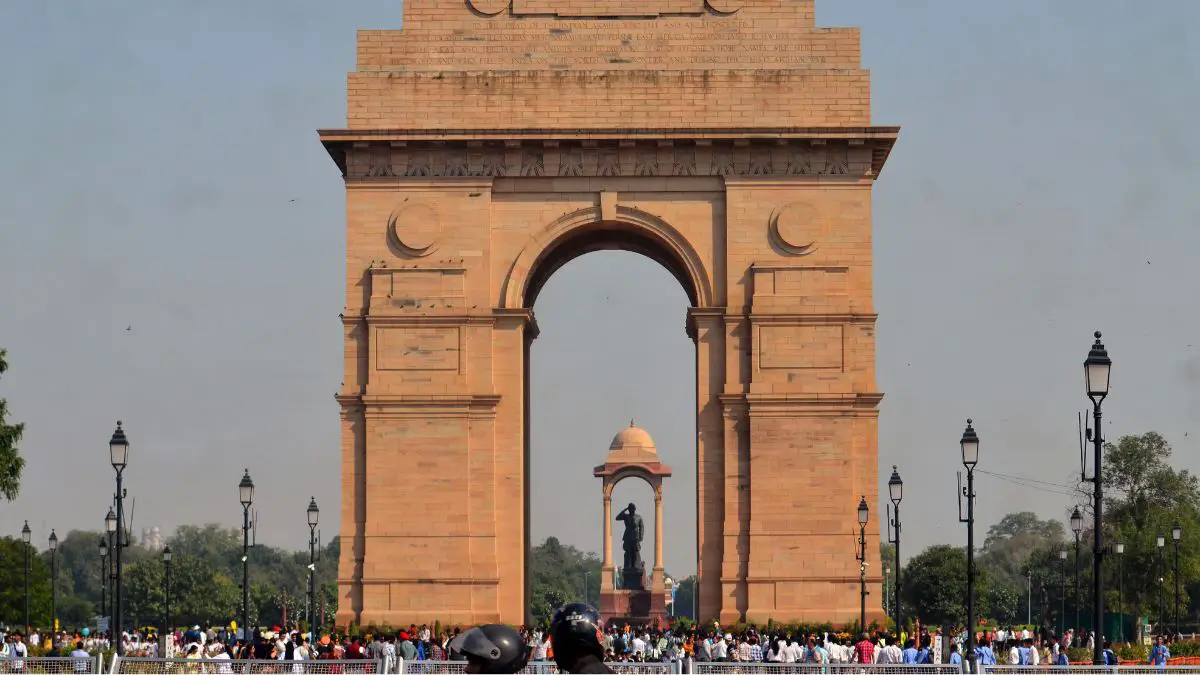Nepal’s Seismic Vulnerability: Earthquake Aftermath and Aftershocks


Panic ensued among the population as the earthquake caused vigorous shaking of furniture in Delhi and the National Capital Region, with tremors also being felt in other areas on Monday. According to the National Centre for Seismology’s post on X, the earthquake, measuring 5.6 in magnitude, occurred on 06-11-2023 at 16:16:40 IST. Its epicenter was located at 28.89 latitude and 82.36 longitude, with a depth of 10 kilometers in the region of Nepal. The center stated that the quake was situated 233 kilometers north of Ayodhya in Uttar Pradesh.
In an interview, Sanjay Kumar Prajapati, a scientist at the National Centre for Seismology, remarked that this earthquake, with a magnitude of 5.6, was another aftershock of the one that occurred on November 3. He noted that a total of 14 aftershocks had been recorded thus far, with this being the most intense. The tremors in Delhi lasted for approximately 10 seconds.
These recent tremors come in the aftermath of a devastating 6.4 magnitude earthquake in Nepal, which claimed the lives of 153 individuals and left 160 others injured, marking the most severe earthquake since 2015.
Reportedly, Nepal has revised the death toll from the 6.4 magnitude earthquake to 153 from the previously reported 157, citing the duplication of some names. The District Administration Office in Jajarkot revised the death toll in the district to 101, while the death toll in Rukum West district remained unchanged.
Given Nepal’s location in one of the world’s most active tectonic zones (seismic zones IV and V), the country remains highly vulnerable to earthquakes. Hence, it is crucial for authorities to remain vigilant and continually assess and reinforce measures aimed at mitigating the impact of such natural disasters on the region and its inhabitants.




